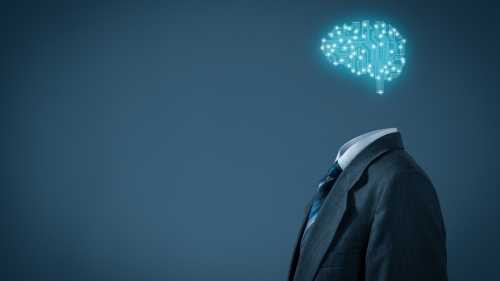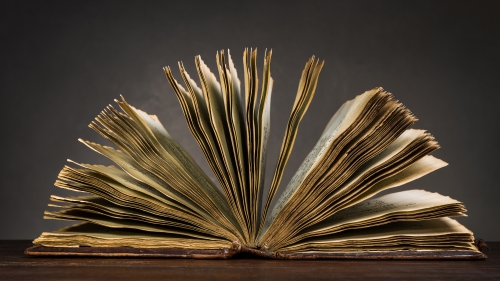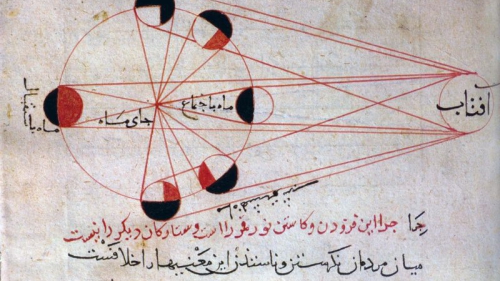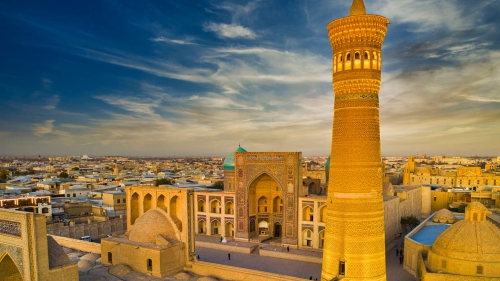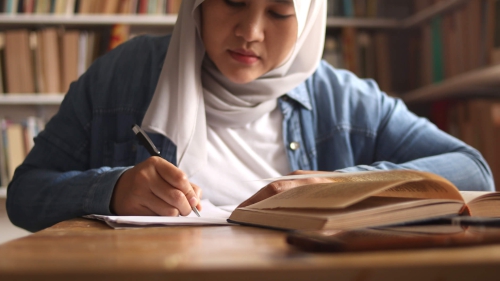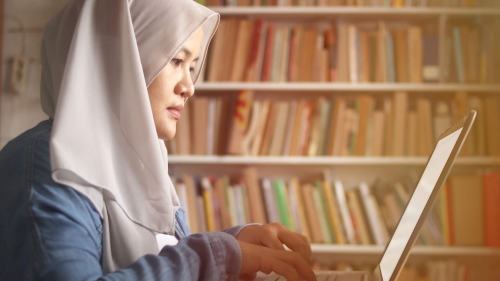What does the Quran say about fake news?
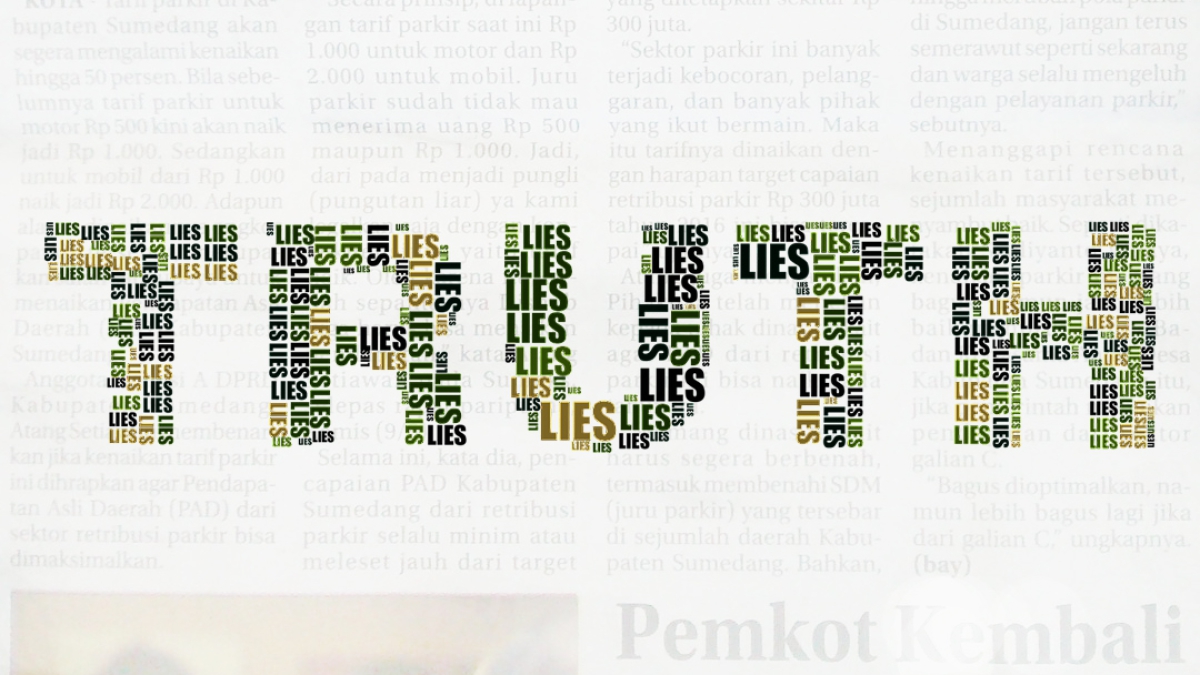
Before the age of social media when truth become collateral damage, Islamic tradition promoted a strong ethic of seeking the truth at all cost.
The Quran which Muslims believe to be the word of God states in chapter 33 verse 70 “O you who believe! Keep your duty to God and fear Him, and speak (always) the truth.” Further in chapter 4 verse 135 the Quran states “You who believe, uphold justice and bear witness to God, even if it is against yourselves, your parents, or your close relatives. Whether the person is rich or poor, God can best take care of both. Refrain from following your own desire, so that you can act justly–if you distort or neglect justice, God is fully aware of what you do.”
Seeking truth propelled early Muslim thought leaders to pursue a commitment to truth in all aspects of society.
Ibn al-Haytham who is considered by many to be the first scientist wrote, "The duty of the man who investigates the writings of scientists, if learning the truth is his goal, is to make himself an enemy of all that he reads, and... attack it from every side," he wrote. "He should also suspect himself as he performs his critical examination of it, so that he may avoid falling into either prejudice or leniency."
Basically Ibn al-Haytham's message is, don’t just take his writings and explanations at face value but verify it. Critical thinking and a demand for proof was a prevalent aspect of Muslim practice.
A Quranic verse from which we can draw a close parallel in our social media invaded life is:
Believers, if a troublemaker brings you news, check it first, in case you wrong others unwittingly and later regret what you have done, and be aware that it is God’s Messenger who is among you: in many matters you would certainly suffer if he were to follow your wishes. God has endeared faith to you and made it beautiful to your hearts; He has made disbelief, mischief, and disobedience hateful to you. It is people like this who are rightly guided through God’s favor and blessing: God is all knowing and all wise. (Quran 49:6-8)
This verse advises us to verify any news before we take action. Today it is more important than ever to follow this advice. Viruses developed to infect computers can damage hardware and infrastructure. Fake news, alternative facts or just plain lies also act like viruses that can damage the human mind and can corrupt our societies in a far more diabolical way.
In a detailed explanation of the quoted verse above Sayyid Abul Ala Maududi in The Meaning of the Quran notes the following:
Most of the commentators have expressed the view that this verse was sent down concerning Walid bin 'Uqbah bin Abi Mu'ait. Its background is this: When the tribe of the Bani al-Mustaliq embraced Islam, the Holy Prophet sent Walid bin `Uqbah to collect the zakat from them. When he arrived in their territory, he became scared due to some reason and without visiting the people of the tribe returned to Madinah and complained to the Holy Prophet that they had refused to pay the zakat and had even wanted to kill him.
On hearing this the Holy Prophet became very angry and he made up his mind to dispatch a contingent to take action against those people. According to some traditions he had dispatched the contingent, and according to others, he was about to dispatch it. In any case all agree that in the meantime the chief of the Bani al-Mustaliq, Harith bin Dirar (father of Juwairiyah, wife of the Holy Prophet), arrived at the head of a deputation, and submitted: "By God, we did not at all see Walid; therefore, there could be no question of refusing to pay the zakat or wanting to kill him. We are steadfast to the Faith and have no intention to withhold the zakat. " At this, this verse was sent down.
On this critical occasion when on account of believing in a baseless report a grave blunder was about to be committed, God gave the believers this guiding principle to be followed on receipt of news: 'Whenever you receive important news bearing upon a vital matter, you should not accept it immediately but should first examine the man who has brought it. If he is a person prone to moral deficiency his report must be authenticated. One should inquire into it carefully to ascertain the truth instead of accepting it and acting on it immediately." From this Divine Command An important legal principle is deduced, the sphere of application of which is very vast. According to this, it is not permissible for a government official to take any action against a person or a group or a nation on the basis of the reports provided by the agents whose character might be doubtful.”
On the basis of this principle the traditionalists introduced the art of critical review in the science of Hadith in order to determine the value and worth of the people through whom traditions of the Holy Prophet reached the later generations.
The Muslim jurists also established this principle while considering the "law of evidence." In any matter from which Islamic law is derived or some duty imposed on a person; the evidence of a corrupt person and questionable character would be unacceptable.
Topics: Critical Thinking Values: Honesty, Justice, Truthfulness
Views:71810
Related Suggestions









